By Chinenye Anuforo
[email protected]
Despite the Nigerian Communications Commission (NCC) licensing over 40 Mobile Virtual Network Operators (MVNOs) since the introduction of its framework in 2022, with several already operational or nearing full interconnectivity, many Nigerians continue to grapple with persistent challenges, including poor call quality, frequent call drops and unreliable data services.
The paradox begs the question: why, with so many purported new players, does the customer experience remain largely unchanged?
The recent entry of global MVNO giant, Lebara, however, is stirring fresh hope, prompting observers to ask: will this new entrant finally trigger the needed competition to secure subscribers’ interests?
For years, Nigerians have grappled with telecom services that often fail to meet expectations. Subscribers complain of airtime mysteriously disappearing, calls abruptly ending and inconsistent internet speeds, even after tariff hikes.
While the NCC’s move to license MVNOs was praised as a game-changer, fostering competition and innovation, the reality on the ground has been a slow and often disappointing rollout for many.
The primary reason for the limited impact of the numerous MVNO licenses lies in their very nature: MVNOs do not own their core network infrastructure. They operate by leasing capacity from the existing Mobile Network Operators (MNOs), MTN, Airtel, Globacom and 9mobile. This means that if the underlying MNO network is already struggling with congestion, outdated equipment, or faces challenges like fiber cuts, vandalism and multiple taxation, the MVNOs are, by extension, subjected to those same limitations.
“MVNOs can only operate in areas where network coverage already exists. As you know, we don’t provide core infrastructure,” clarified a representative from Lebara Nigeria, highlighting a key misconception that MVNOs would magically extend the network to unserved areas. Instead, their role is often to address the usage gap in areas with coverage but low adoption or to cater to specific niche markets”.
Furthermore, many licensed MVNOs have faced significant hurdles in reaching favourable wholesale agreements with the dominant MNOs, leading to prolonged delays in their actual market entry.
The established MNOs, naturally protective of their market share and infrastructure investments, have been cautious about unbundling their services, thereby slowing down the anticipated competitive wave. The industry has also been battling persistent issues such as unstable power supply, which forces MNOs to rely heavily on expensive diesel generators, adding to operational costs that can indirectly affect service quality and pricing.
Against this backdrop, the recent entry of Lebara Nigeria, a subsidiary of the MVNO Lebara Group, is being closely watched.
Operating under a Tier 5 MVNO license, the highest classification in Nigeria, Lebara has already announced its dedicated 0724 number series and crucially, secured full interconnectivity with all major MNOs.
This signifies a readiness for full operational launch and a genuine intent to compete.
However, Lebara is not alone in its pursuit of market disruption.
Recent reports highlighted Vitel Wireless Limited as a pioneering Nigerian MVNO, having also achieved a milestone by completing full interconnectivity with all major MNOs and receiving a dedicated number series (0712). Vitel Wireless entered a nationwide pilot phase in May 2025, with plans for a full rollout in July 2025. This shows that the MVNO market is indeed starting to gain momentum beyond just the licensing phase.
What sets Lebara apart and potentially positions it to trigger the needed competition is its stated commitment to a customer-first approach and a disruptive pricing model. Lebara aims to introduce minutes-based billing, where users pay for actual call time rather than a fixed airtime value that can quickly deplete without clear explanations.
“If you buy 100 minutes and use 30 seconds, you still have 99 minutes and 30 seconds left,” explained Samuel Alabi, Head of Corporate Communications for Lebara Nigeria. This direct response to a long-standing consumer pain point, the unpredictable disappearance of airtime could resonate strongly with cost-conscious and frustrated Nigerian subscribers.
Teniola Stuffman, CEO of Lebara Nigeria, emphasised this proactive stance, stating, “We did not collect licenses to sit and sulk. We came to disrupt. Now let us make it work.”
Moreover, Lebara intends to leverage its international MVNO experience to offer high-quality voice and data services, focusing on transparency and user control. By utilizing existing mobile infrastructure, Lebara can avoid the massive capital outlays of traditional MNOs, potentially allowing for more competitive pricing and a greater focus on customer experience and value-added services. Its partnership with the Federal Ministry of Arts, Culture, Tourism, and Creative Economy also hints at a strategy to embed itself within specific cultural and creative ecosystems, offering tailored solutions.
While Lebara’s distinct approach and the emergence of other MVNOs like Vitel Wireless offer a promising glimmer, the broader success of leveraging MVNO competition to elevate customer experience hinges on several factors, as highlighted by experts in the industry.
Firstly, the remaining licensed MVNOs must overcome their operational hurdles and actively launch. As Tony Izuagbe Emoekpere, President of the Association of Telecommunications Companies of Nigeria (ATCON), stated at the MVNOs conference in Lagos, “Licenses don’t launch businesses, value does.”
He described MVNOs as critical instruments of digital inclusion, economic resilience, and service diversification, adding that MVNOs must not be viewed as threats, but as partners in progress. “With the right regulatory will and ecosystem collaboration, they can expand access and affordability for millions”, he said.
Dr. Ayobami Oladejo, Managing Director of Digipractice, urged stakeholders to go beyond licensing, referencing South Africa’s tepid MVNO uptake as a cautionary tale. He stressed, “MVNOs must think and act like startups. Sustainable success will depend on agility, collaboration, and sharp market focus, not just scale.” Oladejo emphasized the importance of swift execution, stating, speed beats scale. “In a digital market, agility is everything.”
Secondly, regulatory oversight by the NCC remains crucial. Ensuring fair wholesale agreements, monitoring quality of service, and enforcing consumer protection will be vital to prevent the dominance of MNOs from stifling healthy competition. The conference saw a strong call for the NCC to move from mere encouragement of MVNOs to actual enforcement of pro-competition policies. This includes instituting transparent wholesale pricing, supporting Mobile Virtual Network Enablers (MVNEs), and promoting infrastructure sharing, alongside implementing safeguards that protect MVNOs from predatory practices and ensure competitive neutrality.
Thirdly, MVNOs themselves must adopt a strategic and innovative mindset. Dr. Ayotunde Coker, CEO of Open Access Data Centres, challenged MVNOs to look beyond the existing subscriber base and adopt a fintech-inspired mindset. “MVNOs can be digital enablers like fintechs, trusted, simple, and embedded in everyday life,” he said, advocating for sachet-style pricing and lightweight, digitally native models to unlock new demand, especially among underserved populations.
Hamish White, CEO of Mobilise, reiterated Coker, asserting, “MVNOs are not just telecom disruptors, they are platforms for national development. With digital empathy and bold collaboration, we can transform connectivity in Nigeria.”
He urged operators to design hyper-segmented, digital-first services tailored to gig workers, SMEs, and rural communities with localized content and cross-sector partnerships. White also added a crucial perspective, stating, “MVNOs win when they stop competing and start completing the ecosystem,” urging players to pursue symbiotic partnerships rather than zero-sum rivalries.
Finally, investors were urged to back MVNOs with patient capital that supports scale, sustainability, and resilience, prioritizing business models focused on differentiation, local relevance, and long-term value creation.
Satya Mekala, CEO of Wireless Technology Labs, underscored the risk of narrow thinking, advising, “We cannot be building a multi-million-dollar platform to fight for crumbs. Drop the peanuts, go for the cashews.” Olusola Teniola, Director, Strategic Business Initiatives at ipNX, offered pragmatic advice: “Don’t try to wrestle the gorilla, find your lane and own it.”
Ultimately, the goal is not just more operators, but better service. Lebara’s strategy of transparent billing and a clear value proposition, combined with the efforts of other emerging MVNOs, might just be the catalyst that forces all players, incumbent and virtual, to prioritize customer satisfaction. If these new entrants can truly differentiate themselves and deliver on their promises of clarity, control, and improved quality, then Nigeria’s telecom subscribers may finally begin to reap the benefits of a truly competitive landscape. As Coker summarized, “It is not just connectivity. It’s collaboration, differentiation, and vision that will build Nigeria’s telecom future.”



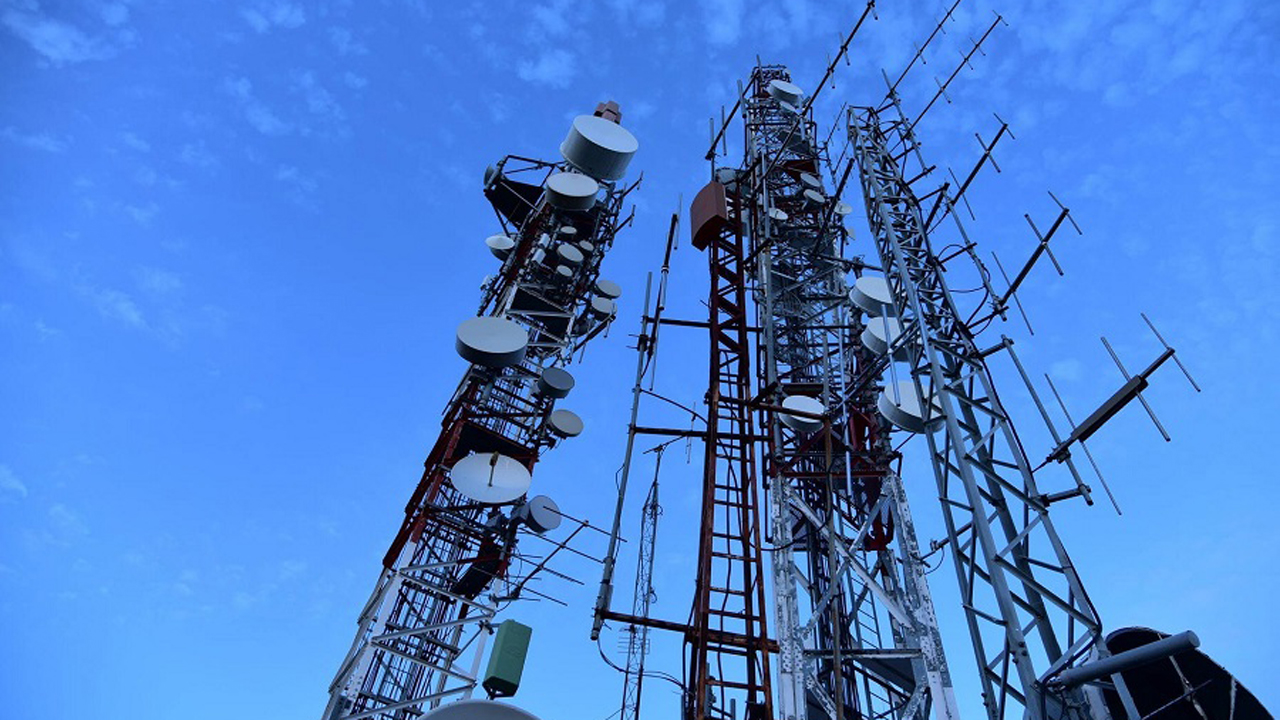





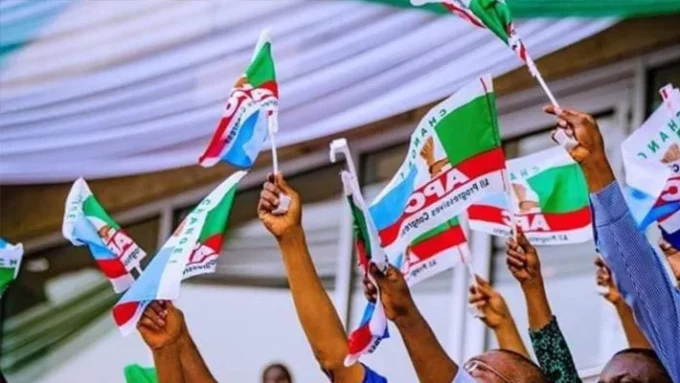
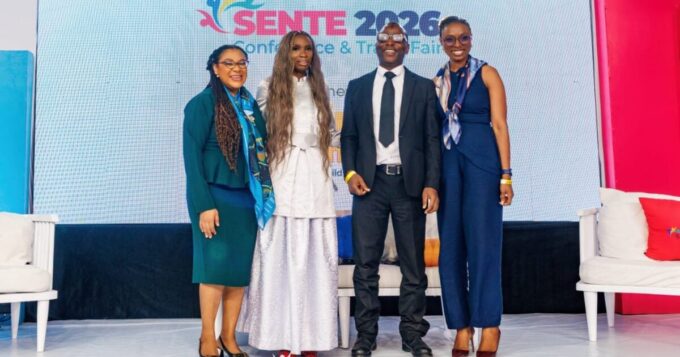





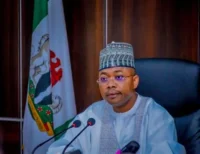
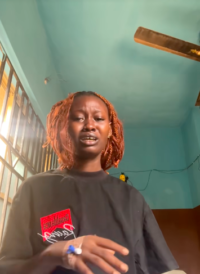
Leave a comment